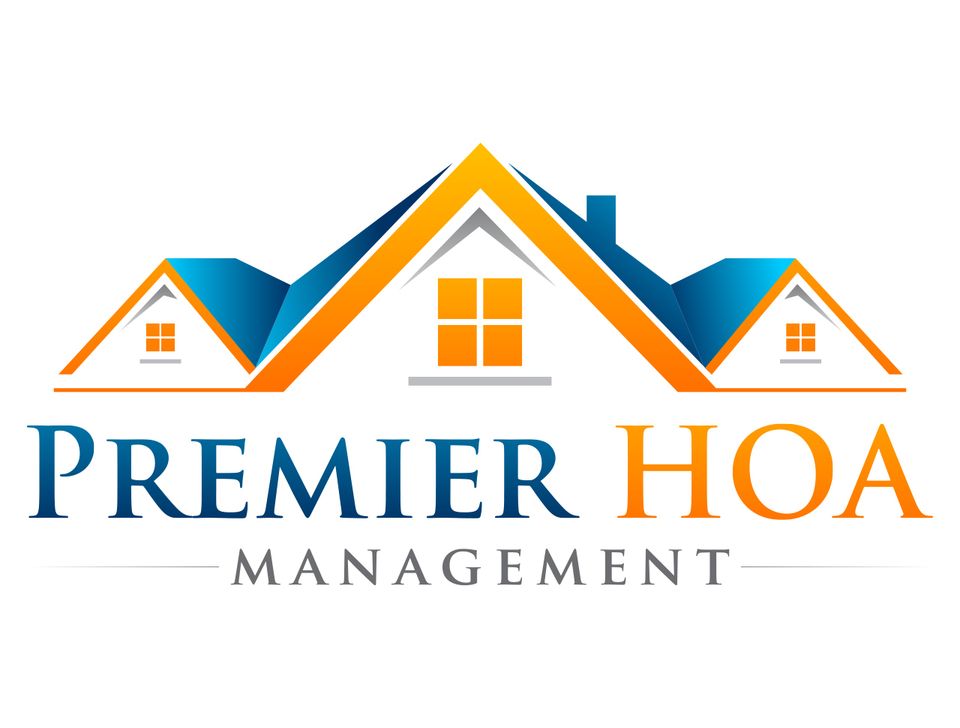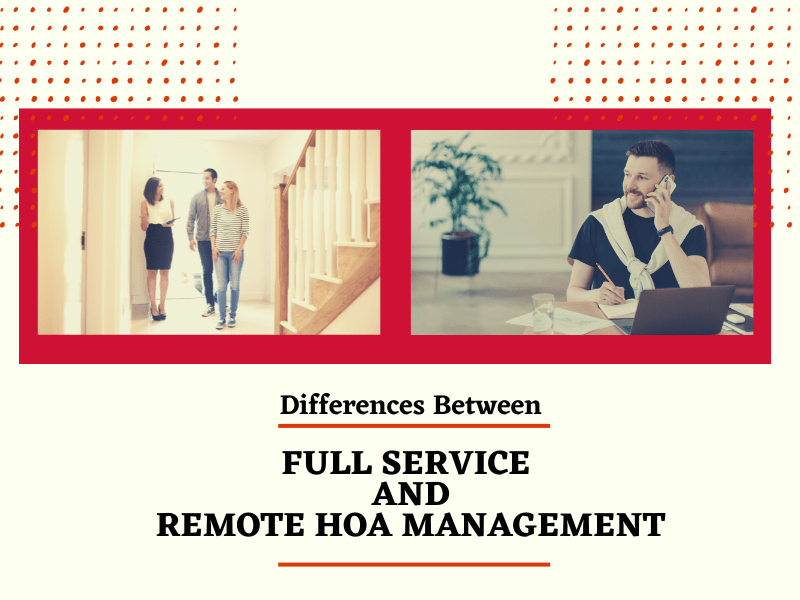From Financials to Upkeep: Grasping the Art of HOA Management for Community Associations
Managing a community association requires a fragile equilibrium in between monetary obligations, reliable interaction, and reliable upkeep operations. From supervising budget plans and economic declarations to working with maintenance tasks and enforcing policies and laws, HOA management can be an intricate art that requires a diverse set of abilities. In this discussion, we will discover the different facets of HOA monitoring, from the details of monetary management to the relevance of preserving a well-functioning neighborhood. By diving into these key locations, we aim to give useful understandings and strategies for understanding the art of HOA management, leaving you geared up with the expertise and tools required to navigate the obstacles that may arise within your neighborhood organization.
Comprehending Financial Obligations
What are the crucial economic duties that neighborhood associations require to understand and handle effectively? Area associations play an essential function in handling the funds of their areas. hoa management san antonio. To guarantee the economic health of the association, several key obligations need to be recognized and taken care of efficiently
First and foremost, neighborhood organizations have to establish and maintain a detailed budget plan. This includes properly approximating expenditures and earnings resources, such as regular monthly fees, unique analyses, and rental revenue. A tactical spending plan permits associations to assign funds for required costs, such as maintenance and repair services, insurance coverage premiums, and reserve funds for future capital tasks.
Another vital economic obligation is the collection of analyses and fees. Area organizations have to make certain prompt and reliable collection of these costs to cover functional costs and preserve the financial security of the organization. This consists of applying a transparent and clear payment plan, resolving delinquencies immediately, and imposing any essential lawsuits.
Additionally, area organizations ought to keep precise economic documents and prepare regular economic statements. These declarations supply a clear photo of the association's financial wellness, including income, costs, and reserves. Normal economic reporting permits board members and homeowners to track the organization's economic efficiency and make informed choices concerning budgeting and costs.
Last but not least, community organizations should follow all suitable economic policies and tax requirements. This includes declaring income tax return, maintaining proper paperwork, and adhering to any legal commitments connected to monetary management.
Effective Interaction and Collaboration
Efficient interaction and cooperation are crucial for effective HOA administration and cultivating a natural community. Neighborhood organizations depend on efficient interaction to share essential details, address issues, and guarantee openness. A constant and clear line of interaction in between the HOA board, residents, and property administration is vital for a well-functioning area.
One way to promote effective interaction is with normal e-newsletters or e-mails that give updates on community occasions, tasks, and important announcements. This allows locals to stay educated and taken part in the community. Additionally, establishing open lines of communication through community forums or city center meetings can offer a platform for residents to voice their opinions, ask concerns, and add to decision-making processes.
Collaboration is just as vital in HOA monitoring. Encouraging cooperation amongst board boards, members, and locals promotes a sense of ownership and shared responsibility. By entailing citizens in the decision-making process and actively seeking their input, the community organization can produce a more comprehensive and unified atmosphere.
To facilitate reliable partnership, HOA management need to develop clear objectives and purposes, delegate responsibilities, and urge team effort. Regular meetings, both informal and official, offer an opportunity for stakeholders to review concepts, address concerns, and job towards usual goals. By cultivating a collective environment, area associations can harness the varied skills, understanding, and point of views of their residents to drive favorable change and improve community living.
Enhancing Maintenance Procedures
Improving upkeep operations is vital for economical and efficient HOA administration. By implementing efficient approaches, community associations can ensure that maintenance jobs are performed smoothly and in a prompt manner, lessening disruptions and making the most of resident satisfaction.

On top of that, utilizing innovation can substantially boost maintenance procedures. Applying a computerized upkeep monitoring system (CMMS) allows associations to track work orders, routine preventative upkeep, and keep an organized document of maintenance activities. This not only enhances effectiveness yet likewise offers a clear and accountable system for both locals and administration.
Furthermore, contracting out particular upkeep jobs can additionally simplify procedures. By working with specialized specialists for tasks such as swimming pool maintenance or landscaping, associations can guarantee that these tasks are dealt with by experts with the needed knowledge, liberating internal resources to concentrate on other facets of HOA management.
Prioritizing Regulations and Regulations
To ensure efficient and organized community living, prioritizing and applying regulations and laws is necessary for effective HOA management. hoa management san antonio. Community organizations depend on a set of guidelines to safeguard and maintain an unified environment home values. By clearly specifying and prioritizing guidelines and rules, HOA administration can guarantee that residents recognize their obligations and assumptions
One of the initial steps in prioritizing regulations and policies is to identify those that are crucial for the community's health. This may entail carrying out a complete review of the existing policies and laws and determining any kind of gaps or locations that require improvement. It is critical to include area participants in this process to guarantee their buy-in and to address any type of issues or ideas they may have.
When one of the most vital guidelines and guidelines have actually been identified, HOA administration need to ensure that they are successfully connected to residents. This can be done through different ways, such as e-newsletters, e-mails, community meetings, and publishing notices alike locations. Consistent and clear communication is important to make sure that homeowners are mindful of the rules and laws and comprehend the this website repercussions of non-compliance.
Enforcement of regulations and laws is equally crucial in keeping a well-functioning neighborhood. HOA administration need to develop a fair and constant enforcement process, which might consist of cautions, fines, and other appropriate measures. hoa management san antonio. It is important to strike a balance in between applying the policies and guidelines and maintaining favorable partnerships with citizens
Navigating Legal and Compliance Issues
Browsing lawful and compliance issues is vital for HOA administration to guarantee adherence to guidelines and laws. Community organizations should run within the bounds of the regulation to keep the count on and confidence of home owners and stakeholders. Failure to abide by legal requirements can cause legal disagreements, fines, and damage to the organization's reputation.
To navigate these problems efficiently, HOA monitoring must stay upgraded on federal, state, and local regulations that govern area associations. This consists of understanding regulation associated to reasonable housing, home, employment, and taxes management. Conformity with these regulations entails carrying out plans and procedures that secure the rights of home owners and make sure openness in economic and functional issues.
In enhancement to legal commitments, HOA monitoring need to likewise adhere to the organization's regulating files, such as the bylaws, problems, restrictions, and covenants (CC&R s) These files outline the policies and regulations that govern the community and might consist of stipulations regarding building upkeep, building standards, and conflict resolution processes.

Conclusion
To conclude, grasping the art of HOA monitoring for community associations calls for a thorough understanding of economic duties, effective interaction and partnership, improving upkeep operations, prioritizing regulations and rules, and browsing lawful and compliance issues. By efficiently applying these approaches, neighborhood associations can ensure the smooth performance and general well-being of their review areas.
By diving into these key locations, we intend to offer valuable understandings and techniques for mastering the art of HOA monitoring, leaving you furnished with the knowledge and devices required to navigate the obstacles that may arise within your neighborhood association.
Area associations play a vital function in taking care of the financial resources of their areas. Community organizations must make sure reliable and timely collection of these charges to cover functional expenses and preserve the economic stability of the association. By cultivating a collaborative atmosphere, neighborhood organizations can harness the diverse skills, knowledge, and viewpoints of their residents to drive positive adjustment and improve area living.
To navigate these problems properly, read review HOA management ought to stay upgraded on federal, state, and neighborhood regulations that govern community associations.
Comments on “Streamlined Providers in HOA Management San Antonio: Your Neighborhood's Companion”